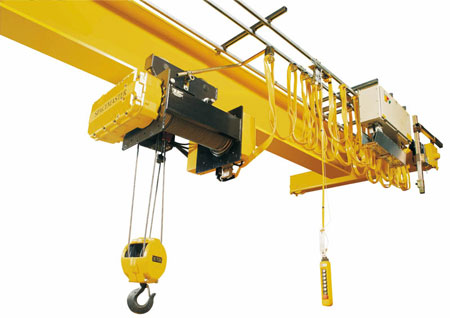the vibrant capital of New South Wales is a city of towering skyscrapers, bustling construction sites, and a thriving infrastructure. At the heart of this development lies the indispensable role of cranes, those mighty machines that seem to effortlessly lift and transport heavy loads to dizzying heights. However, operating cranes requires specialised skills and expertise to ensure safety and efficiency. In this blog post, we will explore the significance of crane training in Sydney, its benefits, and the pathways available for individuals seeking to master the art of crane operation.
The Importance of Crane Training
Cranes are marvels of engineering, designed to lift massive loads and maneuver them precisely. From building construction and maintenance to port operations and logistics, cranes play a vital role in various industries. However, operating these powerful machines without proper training can lead to disastrous consequences, posing risks to both personnel and infrastructure.
Crane training programs are crucial for equipping operators with the necessary knowledge and skills to handle these complex machines safely and efficiently. Training covers essential areas such as crane operation techniques, load handling, equipment maintenance, and understanding safety protocols. By investing in crane training, companies can mitigate the potential for accidents, minimise downtime, and increase productivity.
Benefits of Crane Training
- Safety: Safety is paramount when operating cranes. Proper training ensures operators are aware of safety procedures, understand potential hazards, and can respond effectively in emergency situations. This reduces the risk of accidents, injuries, and damage to property.
- Efficiency: Crane training enhances operators' abilities, enabling them to work more efficiently. Training covers topics such as load estimation, rigging techniques, and equipment maintenance, which optimise crane performance, reduce downtime, and improve overall productivity.
- Compliance: In Sydney, crane operators are required to possess the necessary certifications and licenses. Crane training programs ensure individuals meet these regulatory requirements, helping companies avoid legal issues and penalties.
- Career Advancement: Crane training opens doors to a rewarding career in the construction and logistics industries. Certified operators are in high demand, and their expertise and qualifications can lead to better job opportunities, higher wages, and professional growth.
Crane Training Pathways
Sydney offers various pathways for individuals interested in pursuing crane training. Here are a few options:
- Registered Training Organisations (RTOs): RTOs in Sydney provide comprehensive crane training programs. These programs offer theoretical and practical training, covering essential topics such as crane types, safety protocols, load calculations, and equipment maintenance. RTOs often offer nationally recognised qualifications upon successful completion of the training.
- Apprenticeships: Some crane training programs in Sydney offer apprenticeships, combining classroom learning with practical on-the-job experience. Apprenticeships allow individuals to learn under experienced crane operators, gaining valuable hands-on skills while earning an income.
- Trade Schools and TAFE: Technical and Further Education (TAFE) institutes and trade schools in Sydney often offer crane operator courses. These courses provide specialised training and certifications tailored to the crane industry's requirements. Students can choose from various course durations and levels based on their needs and career goals.
- In-House Training: Some companies in Sydney offer in-house crane training programs for their employees. These programs ensure that operators are trained specifically on the cranes they will be operating, while also incorporating company-specific safety protocols and procedures.
Bottom-line
Crane training in Sydney is not just a legal requirement; it is a vital investment in safety, efficiency, and career growth. Operating cranes without proper training can lead to devastating consequences, both in terms of human lives and financial losses. By enrolling in recognised training programs, individuals can acquire the knowledge and skills necessary to operate cranes safely and efficiently, contributing to a thriving and responsible construction and logistics industry in Sydney.

Comments
Post a Comment